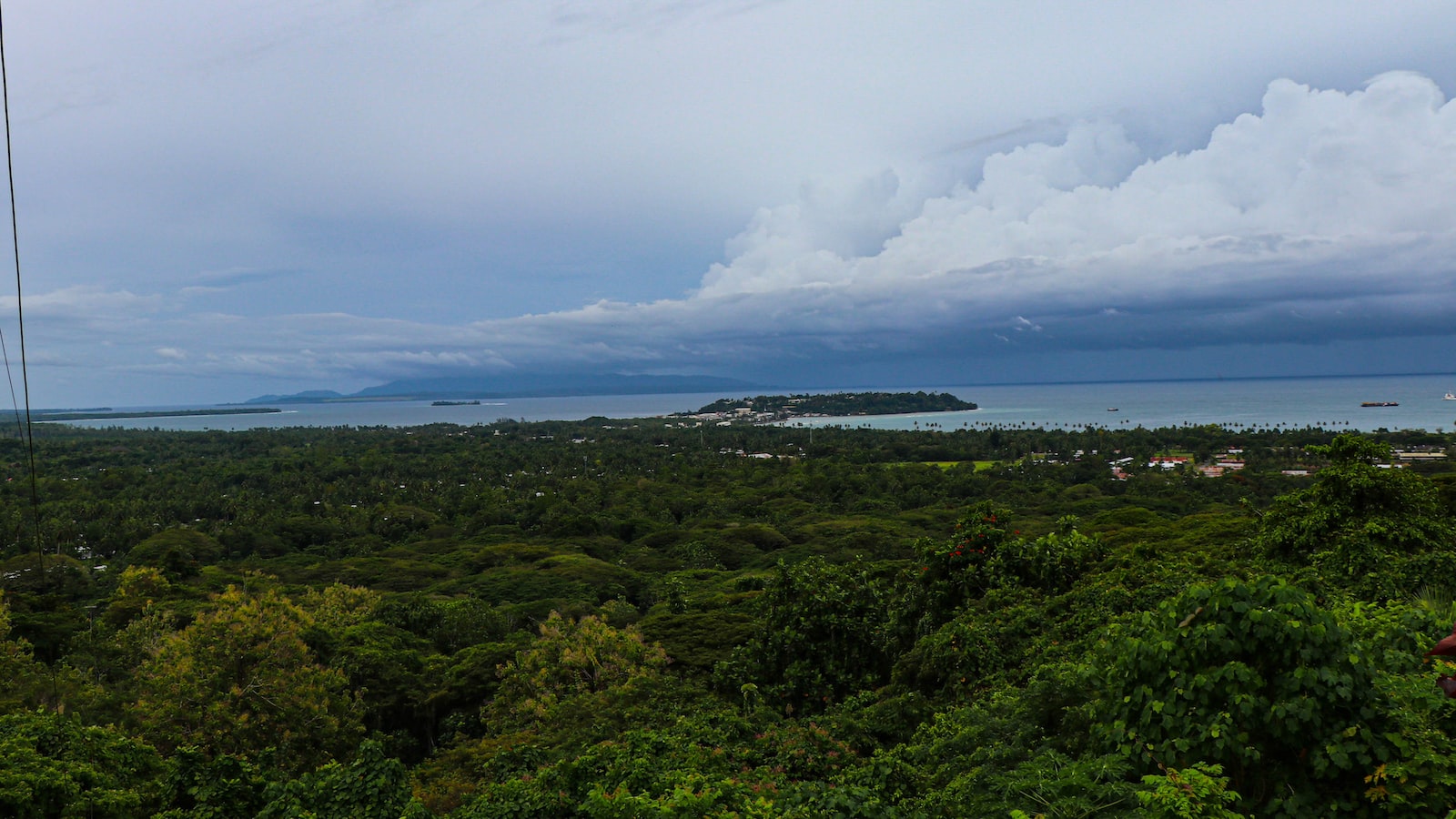Papua New Guinea hopes to sign a security deal with Australia, as well as possibly New Zealand and the US, by the end of the year, the country’s foreign minister Justin Tkatchenko has said.
Tkatchenko said the security treaty with Australia has been in the works since 2019, but that the recent security deal struck between China and Solomon Islands would require Australia and Papua New Guinea to strengthen the treaty.
“It’s nothing new as we have been discussing this since 2019,” Tkatchenko said. “But since we now have these issues in our region, like the Solomons-China issue and the China-Taiwan issue, we will just have to enhance, strengthen and fill in the loopholes to update the treaty arrangement and agreement due to the current situation in the region.”
Discussions about a potential security treaty between the two countries began in 2019 when Australia and Papua New Guinea signed up to a Comprehensive Strategic and Economic Partnership, which included a commitment to “develop a bilateral security treaty to further promote our shared security interests”, but that was put on hold for a few years.
Australia’s foreign minister, Penny Wong, who has been in PNG on an official visit this week, met Tkatchenko on Tuesday. He said Wong had initiated discussions with him about a regional security treaty.
“Wong raised the subject of having a regional security treaty between PNG and Australia, with New Zealand and the US,” he said.
“But it’s still under negotiation, it’s still in its early stages, but let me say this treaty will complement the regional security agreement that we already have in place. So it’s a positive thing for both countries and will help us strengthen our security ties in the region.”
Asked whether what was being proposed was one multilateral deal between the four countries or three separate bilateral deals, Tkatchenko said Australia and Papua New Guinea were negotiating a bilateral treaty, but that discussions were at early stages and could be expanded to include New Zealand and the US, due to the importance of regional security.
Tkatchenko said PNG continues to maintain its foreign policy position of being friends to all and enemies to none, and that China would remain an economic partner, but that when it comes to security, PNG would always look at Australia, New Zealand and the US.
“Australia, New Zealand, and the US have always been PNG’s strong and loyal allies, and PNG will continue to work with them to ensure the safety of the country, our neighbours and the region.”
Tkatchenko said he could not give details about what the new treaty would cover as discussions were still in the early stages, but that it would include agreements on the Defence Force and department of justice.
“One we finalise it, it will go through the National Executive Council and we hope to see the outcomes by November, during the Australia-PNG ministerial forum that will be held in Canberra.”
“If all goes well, the two prime ministers will sign the treaty by the end of the year.”
A spokesperson for the New Zealand ministry of foreign affairs said New Zealand had not been approached by the government of PNG with regard to a formal security arrangement, but that the countries were “close partners” and New Zealand was “committed to working with our partners in the region to support our collective security objectives”.
Penny Wong’s office did not immediately respond to requests for comment. Speaking to the ABC on Tuesday, she said she and Tkatchenko had had “very, very early discussions” but “we have a long way to go”.
Australian defence minister Richard Marles told ABC Radio on Wednesday: “This is an idea that has been put forward by PNG.”
“We have been making it really clear we want to be as close to PNG as we can be. We want to build on the already close military-to-military relationship that we have with Papua New Guinea, which we see as one of the most important military to military relationships that we have.”

